- The following is content from the press release -
Pigeon Corporation's Central Research Laboratory conducts basic research on the growth and development of babies and other infants, and conducts research to uncover the problems and needs of customers through behavioral observation. In addition to conducting an awareness survey of pre-moms and moms regarding bathing and bathing their babies, we conducted verification based on an experimental plan designed mainly by dermatologists at our Central Research Laboratories. Based on the results of the survey and the findings of dermatologists, we recommend "Uru-Ka Wash," a washing method that supplements ceramide, which is important for skin moisturization, while moisturizing the skin.
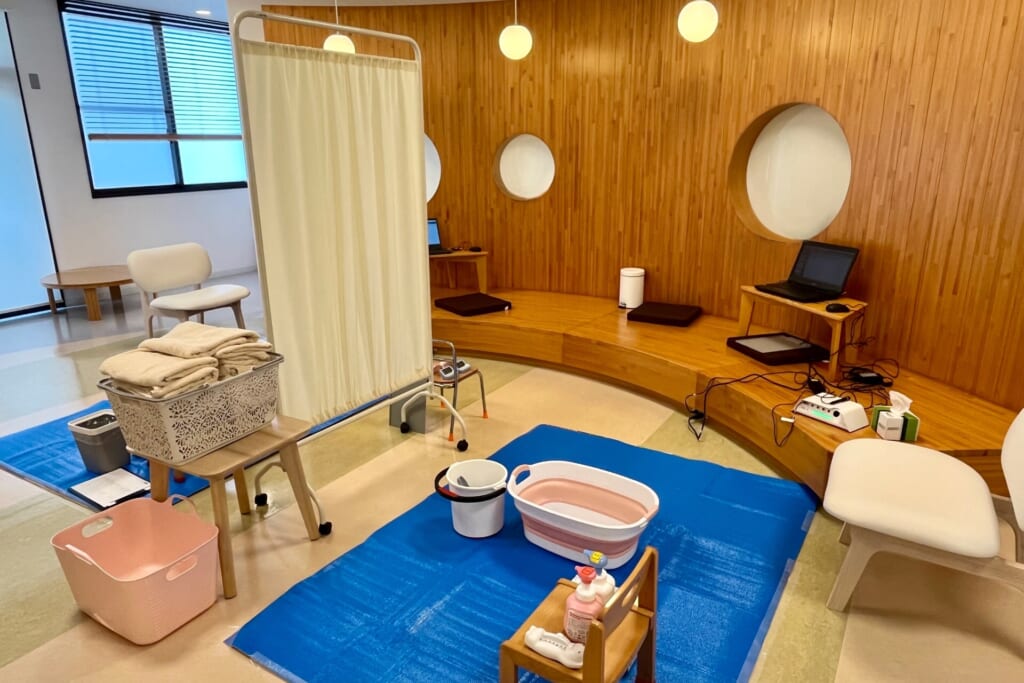
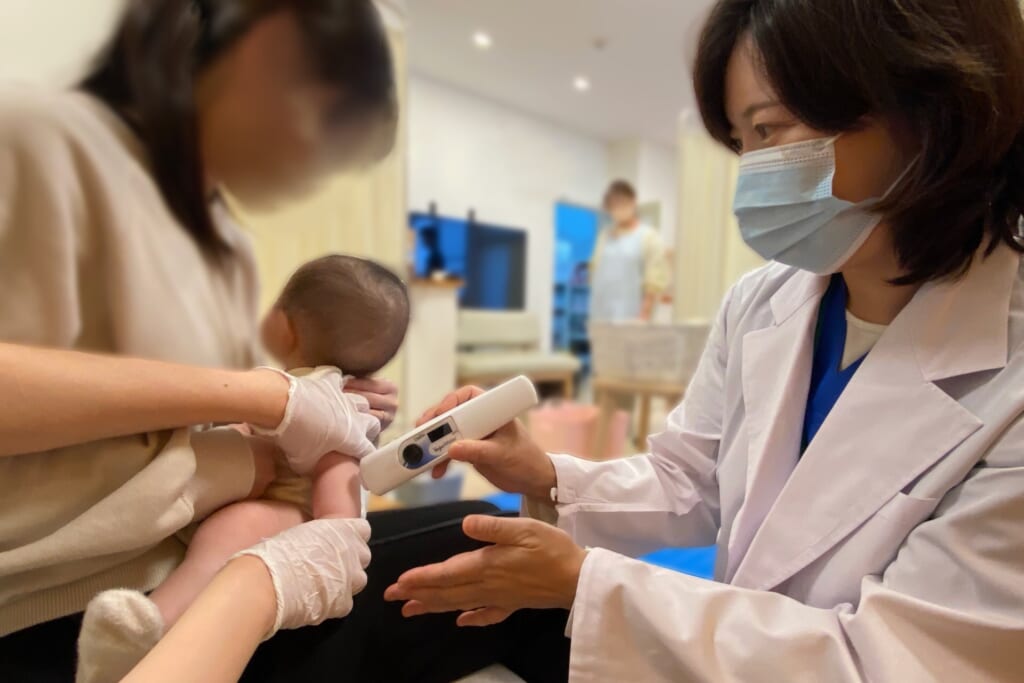
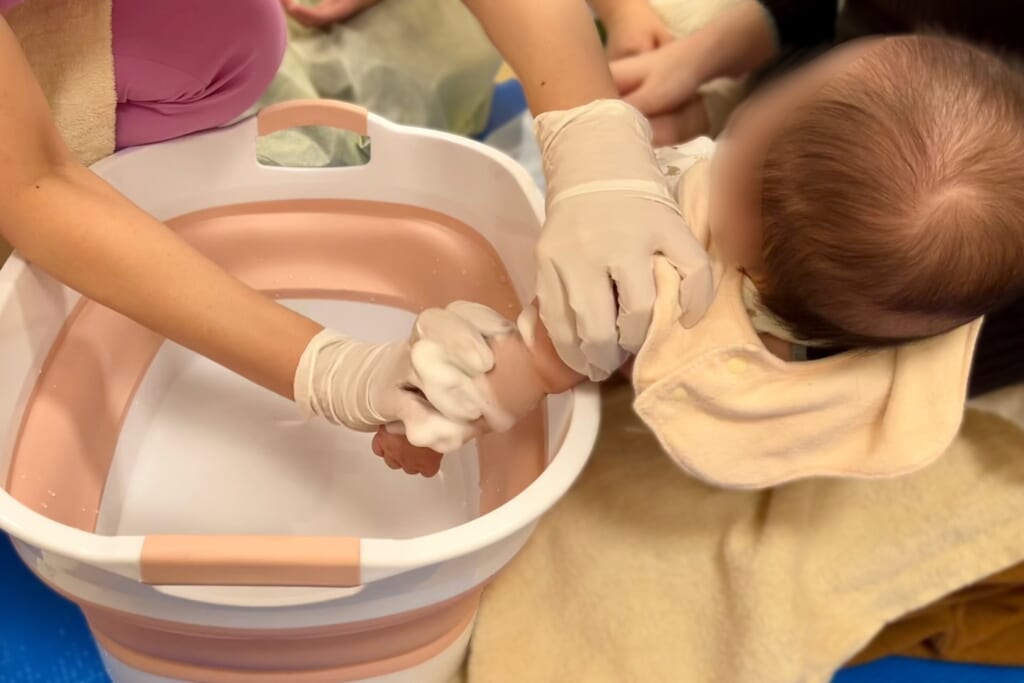
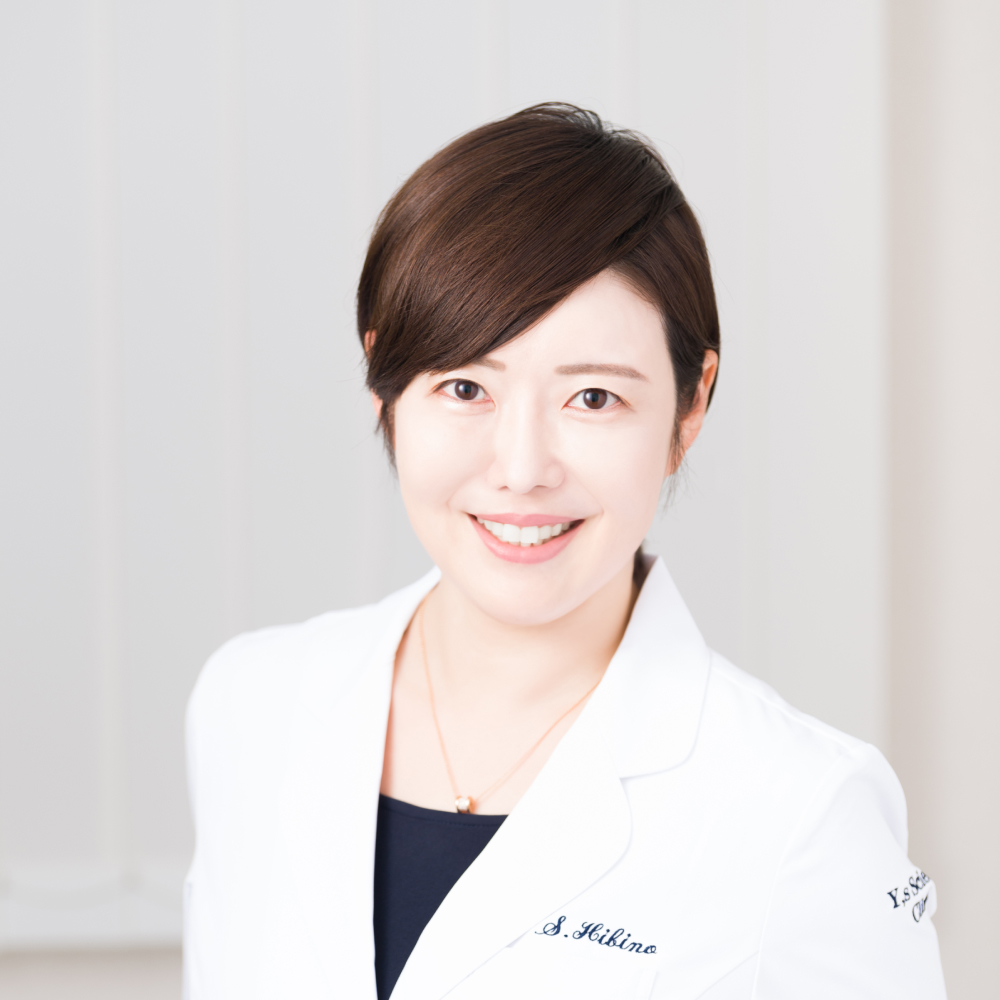
Profile of the supervisor (dermatologist)
Sawako Hibino
M.D. / Chief Director of Y's Science Clinic Hiroo and SAWAKO CLINIC x YS, Azusa-kai Medical Corporation
Survey on bathing and bathing awareness
Skin care pitfalls that contribute to damage to baby skin's barrier function are revealed.
60% of pre-moms and moms are worried about skin problems in their children. About 70% have experienced skin problems.
According to a survey conducted by Pigeon Corporation in February 2024, more than 60% of pre-moms and moms are concerned about their children's skin problems, and approximately 70% have experienced skin problems with their children in the past.
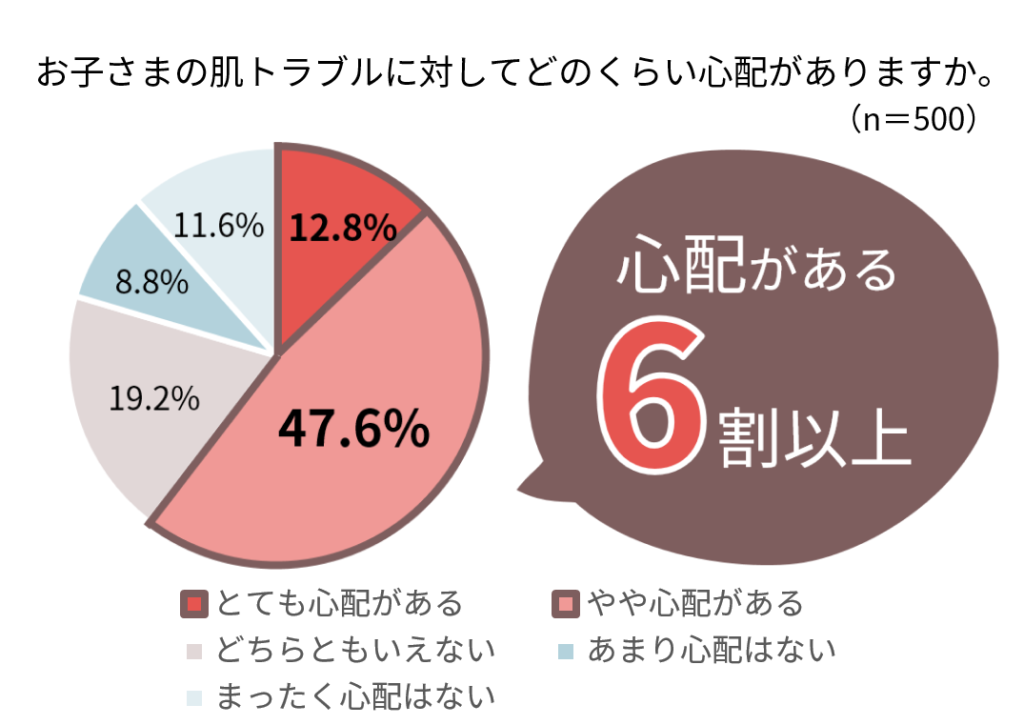
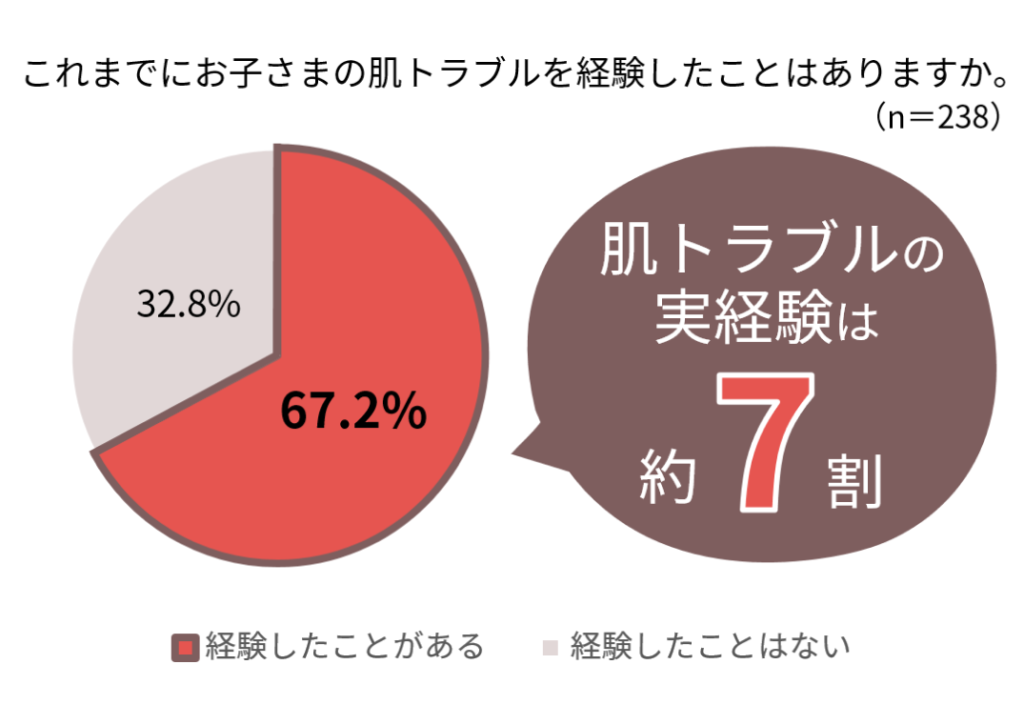
At only 3 months of age, babies experience the "driest skin period of their livesnote (supplementary information) symbol"Welcoming the(1)It is not known that
Did you know that from around 3 months of age, a baby's skin begins to produce less sebum and enters the driest period of its life? In our awareness survey, nearly 90% of respondents answered "I don't know, I didn't know" or "I have heard of it but don't know much about it," indicating that there is little awareness of this fact.
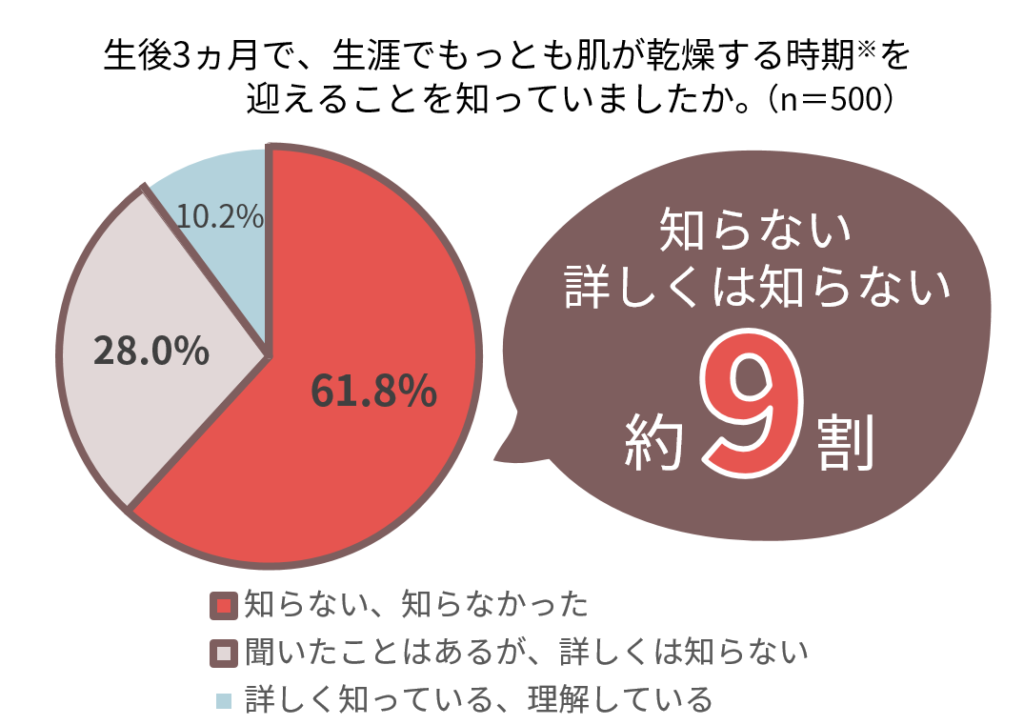
The largest skin dry period in your lifetime will be discussed in detail later in this document.
*From 3 months of age to puberty, sebum secretion is the lowest in a person's lifetime, including old age.
*Pigeon survey (conducted February 9-13, 2024, awareness survey on bathing and bathing babies, web-based survey format,
500 women aged 18-44 with children between 1 month of pregnancy and 6 months of age from all over Japan)
About half of pre-moms and moms do not know that babies are more prone to ceramide loss than adults
When you hear the word "baby skin," you may think of smooth skin, but it is actually very delicate and immature. The thickness of the epidermis of the skin is said to be about half that of an adult, and babies' skin is sensitive to temperature changes, dryness, mites, house dust, and other irritants. In an awareness survey, about half of the respondents answered that "babies are less likely to lose ceramide and other moisturizing ingredients than adults" or that "babies' skin is the same as adults'," highlighting a misconception about babies' skin.
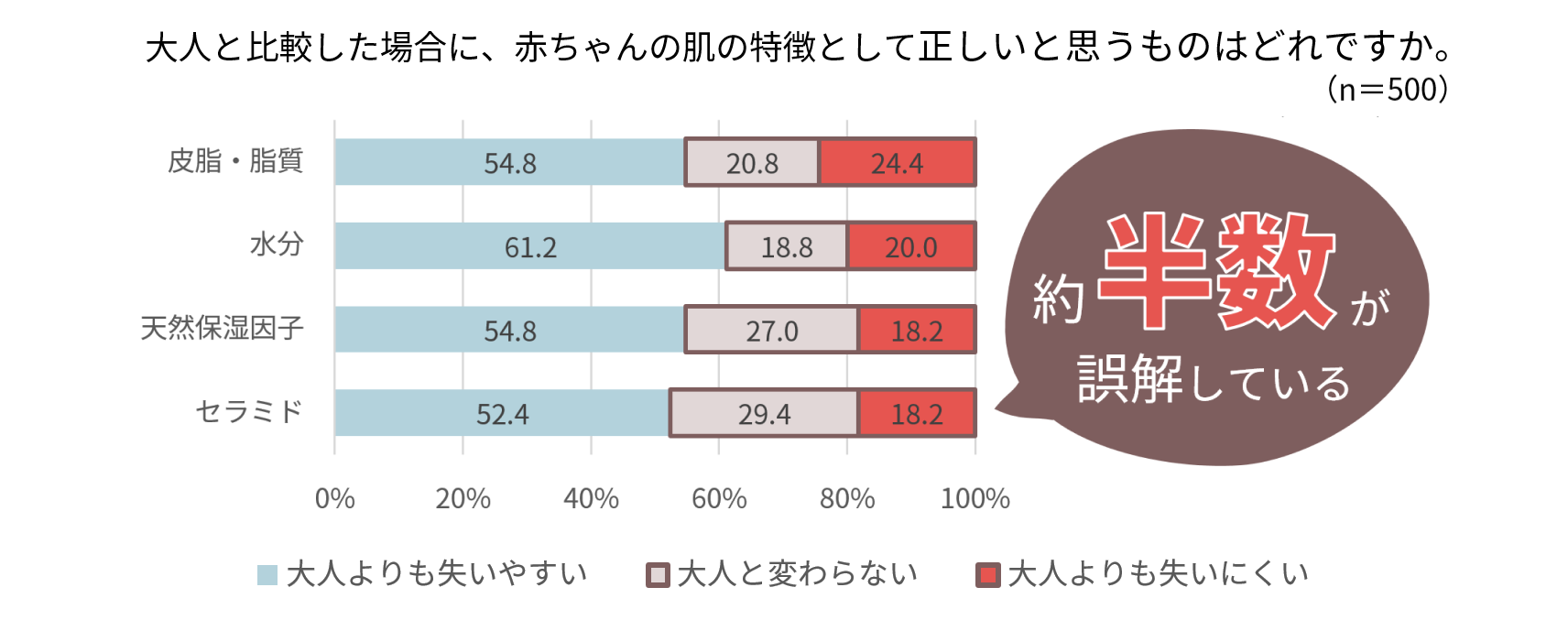
Low awareness of moisturizing while bathing babies
About 50% of pre-mothers and mothers answered that "washing off dirt" and "moisturizing after bathing" are "very important" when bathing or bathing their babies. On the other hand, about 30% of the respondents chose "moisturizing during" bathing or bathing, a difference of about 20 points, indicating a low awareness of moisturizing from the stage of washing the baby's body.
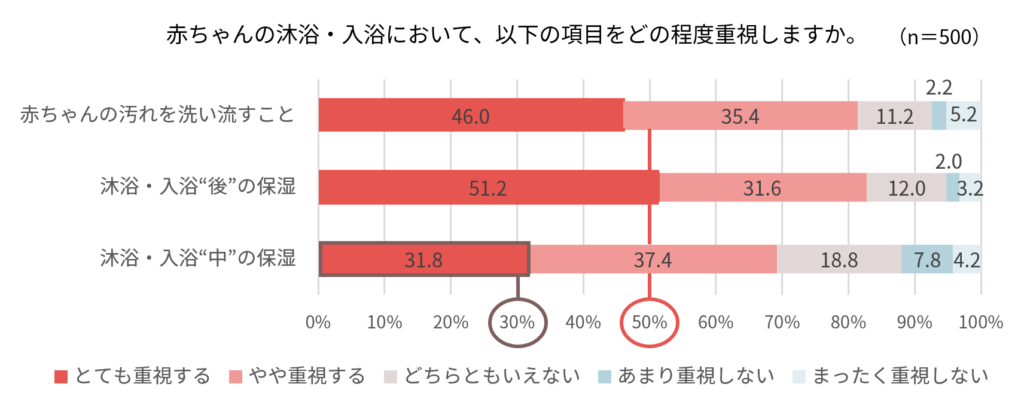
*Pigeon survey (conducted February 9-13, 2024, awareness survey on bathing and bathing babies, web-based survey format,
500 women aged 18-44 with children between 1 month of pregnancy and 6 months of age from all over Japan)
Little is known about the leakage of "ceramide" and other moisturizing components from the skin from bathing and bathing
It is also not well known that during bathing, the skin becomes saturated with water, causing stratum corneum cells to expand and moisture-retaining ingredients such as ceramide to leak out of the body(2). (2) More than half of the respondents to the awareness survey answered that they "did not know or were unaware of it," and including those who had "heard about it but did not know the details," the figure rose to nearly 90%.
When asked about skin changes during bathing and bathing, more than 70% of respondents mistakenly believed that ceramide "does not change" or "increases" during bathing.
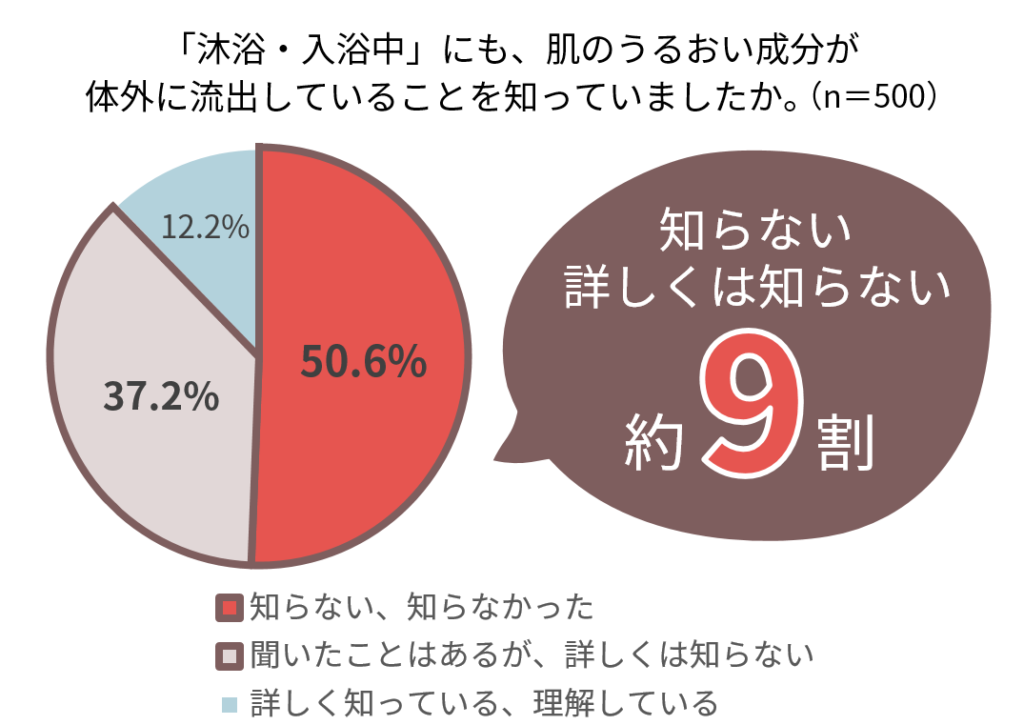
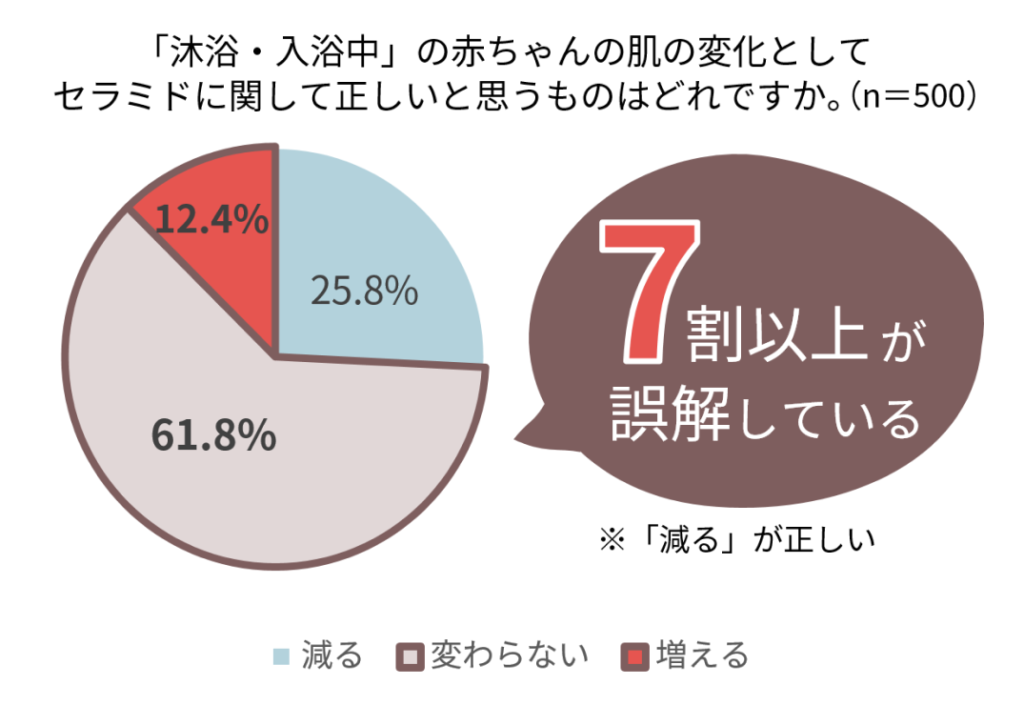
*Pigeon survey (conducted February 9-13, 2024, awareness survey on bathing and bathing babies, web-based survey format,
500 women aged 18-44 with children between 1 month of pregnancy and 6 months of age from all over Japan)
The "driest skin period of your life" begins at only 3 months of agenote (supplementary information) symbolNote that the "
The skin enters the driest period of its life due to a decrease in sebum secretion.
Moisturizing is important because a lack of sebum causes moisture in the skin to evaporate easily, resulting in dryness. From the age of 3 months, the amount of sebum secreted by babies, which determines the moisture content of their skin, continues to decrease, and their skin goes through a long period of dryness until puberty, which is the largest period of dryness in a baby's life.(1)The following is a list of the most common problems with the
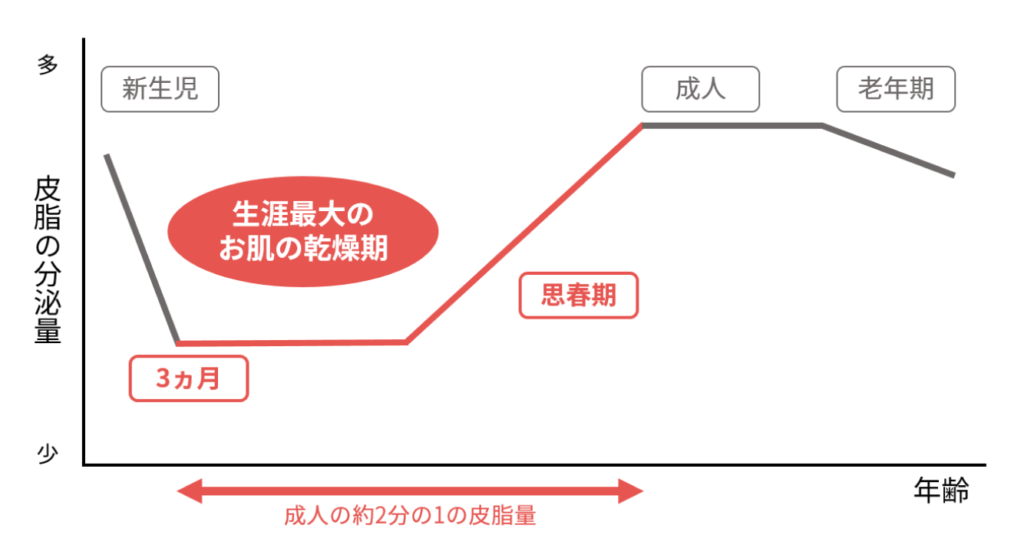
*From 3 months of age to puberty, sebum secretion is the lowest in a person's lifetime, including old age.
Ceramide, an important moisturizing component for skin hydration
Ceramide is a skin moisturizing component that fills the space between stratum corneum cells and holds moisture inside the skin. Ceramide plays a key role in the proper functioning of the skin's barrier function, which protects the skin from external stimuli.
In other words, "how much ceramide can be maintained" is important for skin moisturization.
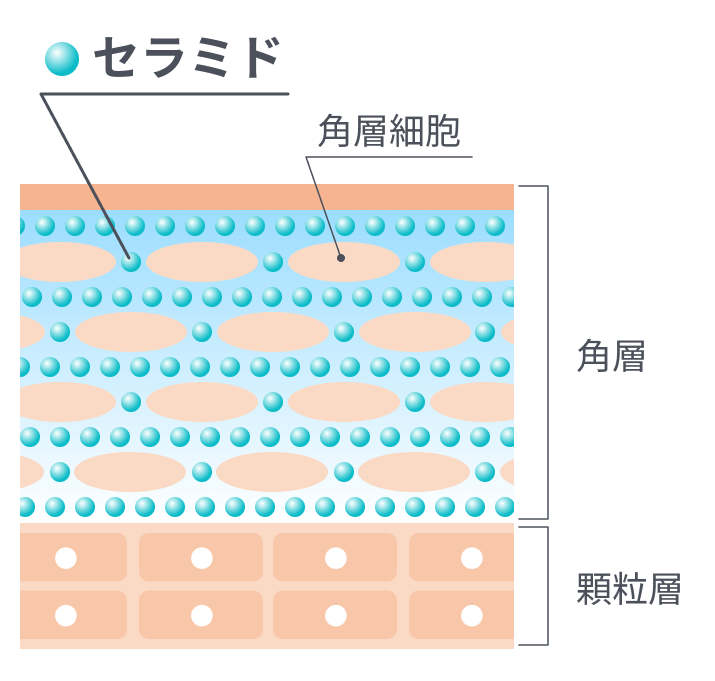
The skin actually loses moisture components during bathing and bathing.
Based on an experimental plan designed mainly by dermatologists, 11 children aged 3 to 7 months had their arms washed with body soap, and the amount of moisture on the skin surface and the amount of moisture in the skin were measured before, immediately after, and 15 minutes after the washing process. The evaporation of moisture from the skin surface" and "moisture content of the skin" were measured before, immediately after, and 15 minutes after washing, respectively.
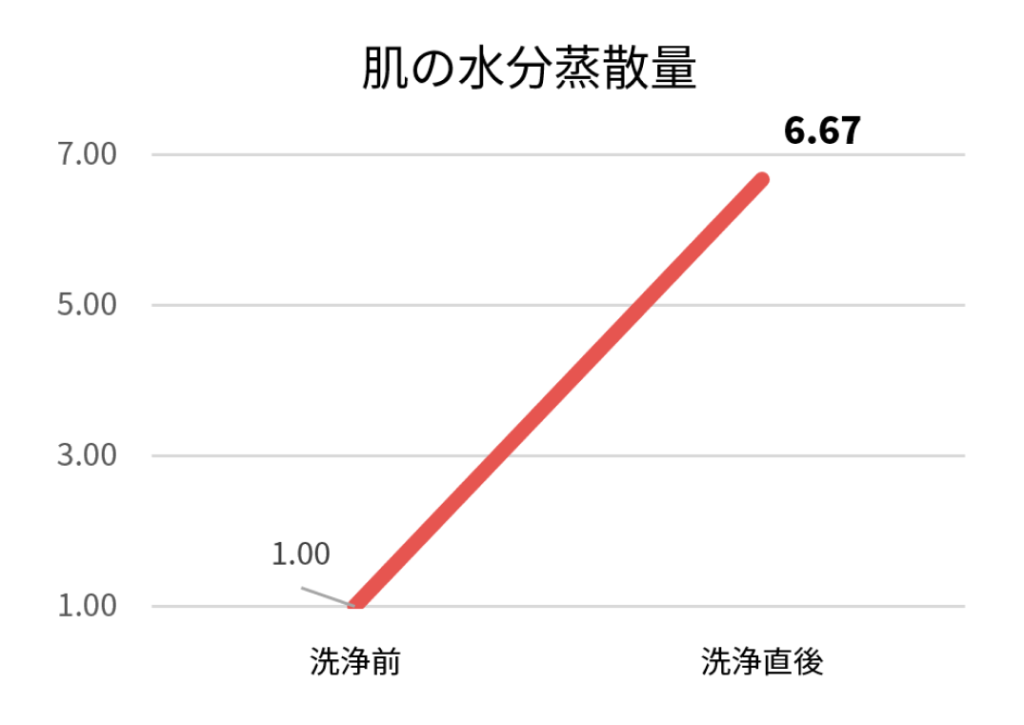
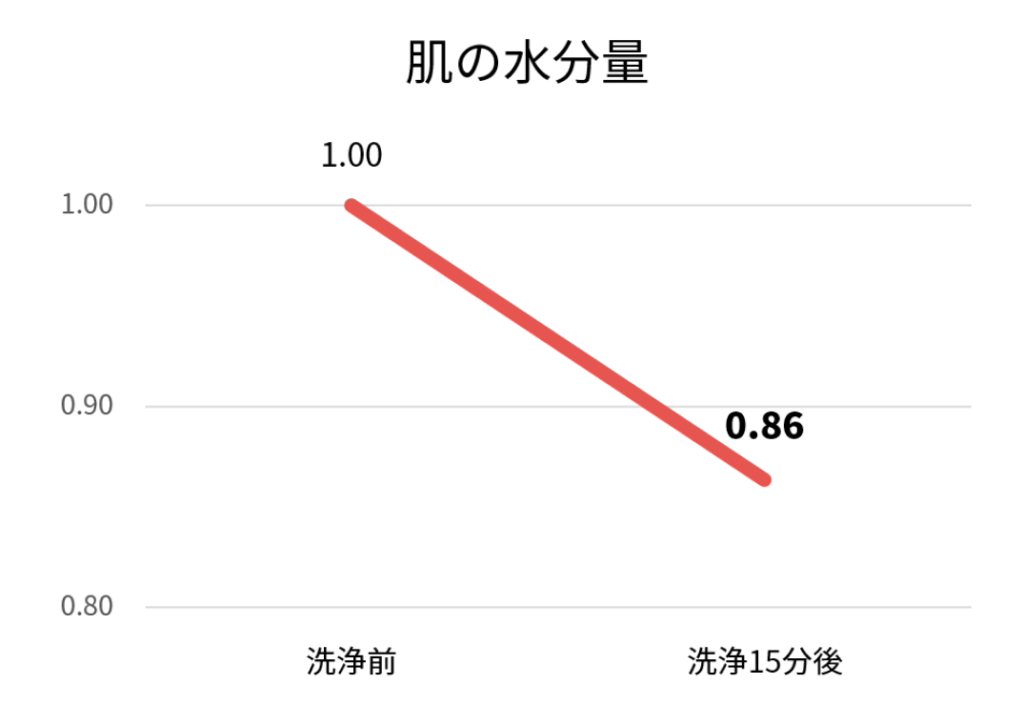
The evaporation of moisture from the skin surface was found to increase approximately 6.7-fold immediately after washing compared to before washing. In addition, a comparison of the amount of moisture on the baby's skin before and 15 minutes after washing showed an average decrease of 14 %.
Comment from the supervisor (dermatologist: Dr. Sawako Hibino)
Although the skin appears moist during bathing and bathing, ceramide, which is essential for moisture, is leached from the skin, and the skin begins to dry out. The stratum corneum on the skin's surface becomes saturated with water during bathing and bathing, and the space between stratum corneum cells widens, causing natural moisturizers such as ceramide, which keeps the skin moist, to flow out (2).
When ceramide leaches out, the moisture that had been bound to the skin evaporates from the skin surface, resulting in increased dryness (3). To prevent this from happening, it is important to wash the skin while replenishing ceramide. Ceramide is an active component of the stratum corneum, the outermost layer of the skin. By washing the skin from the outside with a body soap containing ceramide, ceramide can be delivered to the stratum corneum and prevent dryness.
Dermatologist's recommendation: 3 points of "moist skin washing," a new skincare routine to maintain baby's skin barrier
- Point 1 Choose a body soap with ceramide
Since ceramide loss due to bathing and bathing causes moisture to evaporate rapidly, it is important to supplement moisture with a body soap containing ceramide during bathing and bathing. - Point 2 Recommend "mildly acidic" and "hypoallergenic" body soap
To maintain the barrier function of a baby's skin, it is important to keep the skin slightly acidic. While alkaline soaps foam well and have high cleaning power, they also wash away ceramide and other moisturizing ingredients in addition to dirt, making it easy to over-wash the skin. Choose soaps that are mildly acidic and hypoallergenic so as not to over-stimulate the skin of premature babies. - Point 3 Wash gently with foam without rubbing.
Wash the baby gently with bubbles. Gentle bathing and bathing without "over-washing" is recommended.
*Summary of measurements (conducted on February 29 and March 1, 2024, using Corneometer CM825 and VapoMeter,
11 children aged 3 to 7 months without skin diseases with the consent of their families)
Related Information
Dryness → increased risk of allergies, care from 0-3 years old determines future skin quality
A baby's skin is only about one-half the thickness of an adult's, and its barrier function is still in its infancy. When the skin is dry, the barrier function on the surface of the skin is further reduced, and external stimuli such as viruses and ultraviolet rays can easily cause rough skin and atopic dermatitis. In addition, repeated skin problems between the ages of 0-3 years, when the epidermis is being formed, can lead to skin problems in adulthood.
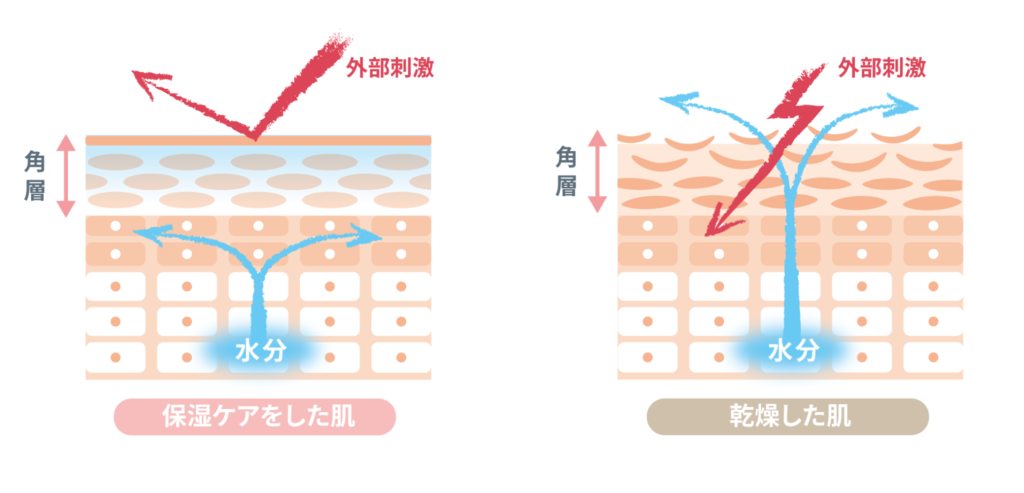
Bathing and ablution to be especially careful this year, when a heat wave is predicted.
The three-month forecast issued by the Japan Meteorological Agency on March 19, 2024 predicts normal or above-normal heat (4).
Babies sweat easily, so bathing and bathing will naturally become more frequent under these conditions. Use "Uru-Kawa Wash" to gently wash the skin while moisturizing it.
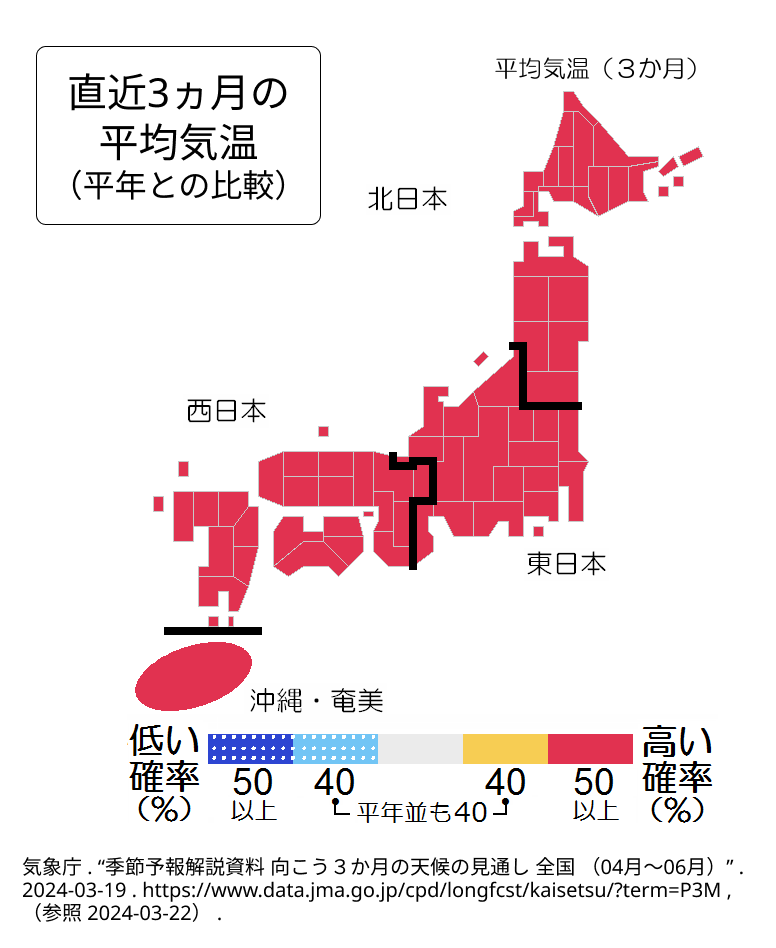
References
(1)Kunihiko Tamaki . Special Volume 1: Skin Diseases of Neonates, Children and the Elderly (Latest Dermatological Compendium) . Nakayama Shoten . Nakayama Shoten . 2004.
(2) Tetsuo Shiobara . Iyaku-no Ayumi Vol. 228, No. 1 . Iyakuyaku Shuppan Co. 2009
(3)Genji Imokawa . Latest Dermatological Science (edited by Kunihiko Tamaki) Vol. 7 "Diseases with dyskeratosis" . Nakayama Shoten . 2001 .
(4) Japan Meteorological Agency . "Seasonal Forecasts for the Next Three Months National Weather Outlook (Apr-Jun)" . 2024-03-19 .
https://www.data.jma.go.jp/cpd/longfcst/kaisetsu/?term=P3M , (ref 2024-03-22) .
reference data
Sawako Hibino

D., Director of Y's Science Clinic Hiroo SAWAKO CLINIC x YS, Specially Appointed Associate Professor, Endowed Department of Future Medical Science, Osaka University Graduate School of Medicine, Adjunct Physician, Department of Dermatology, Nara Hospital, Kinki University School of Medicine
He is a board-certified internist, dermatologist, ophthalmologist, and specialist in the Japanese Society of Anti-Aging Medicine. He has served as a lecturer at Doshisha University Anti-Aging Research Center, an associate professor at Morinomiya University School of Health Sciences, and the director of the Anti-Aging Medical Science Laboratory, Department of Basic Research, Louis Pastoure Medical Research Center. Currently, as a leading expert in anti-aging medicine, he is active internationally in a wide range of fields, from basic research to clinical practice of the latest regenerative medicine, and has attracted attention from the media, including television and magazines.
Pigeon Corporation

Pigeon is a brand that offers a wide range of products including childcare, maternity, nursing care, and childcare services. With a 50-year history of focusing on babies' skin, Pigeon has developed Pigeon Natural Moisture*, an ingredient containing ceramide that provides moisture from the time of washing. The brand supports the healthy growth of premature babies' skin.
*Moisturizing ingredients close to the skin modeled after intercellular lipids that provide moisture to the skin
(Ingredients: Ceramide NP, Phytosteryl isostearate)
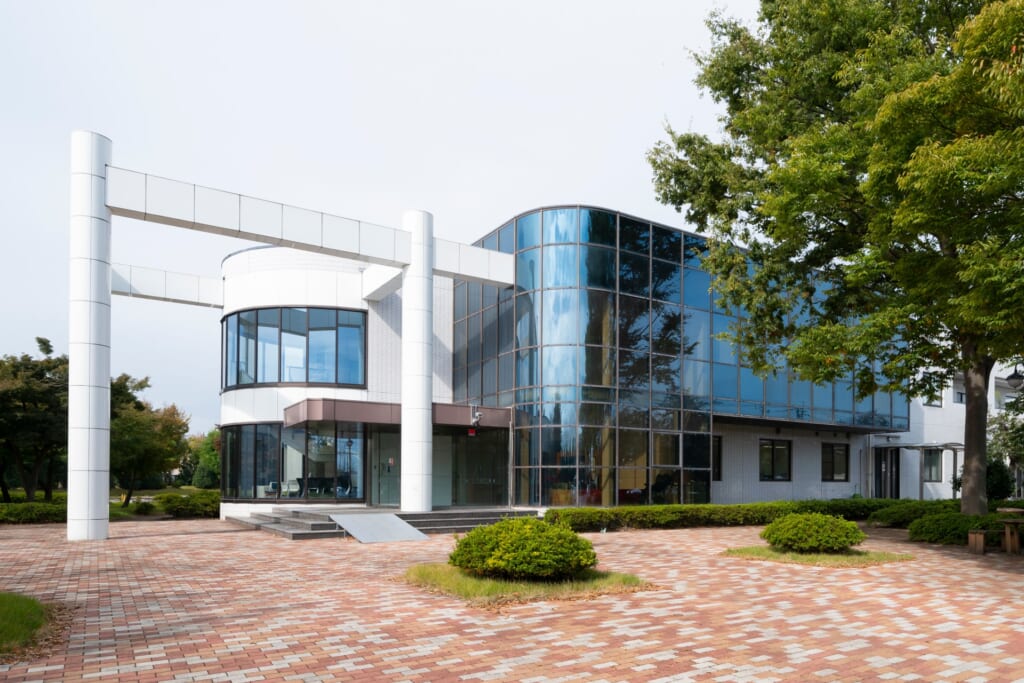
Central Research Laboratory
We conduct basic research on the growth and development of babies and other children, and conduct research to identify problems and needs through behavioral observation, in order to truly look at our customers and link them to our products and services.

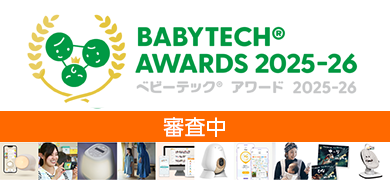
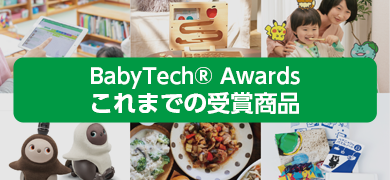
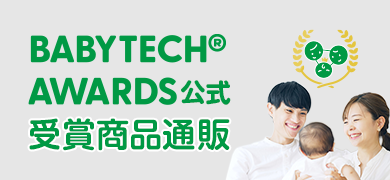
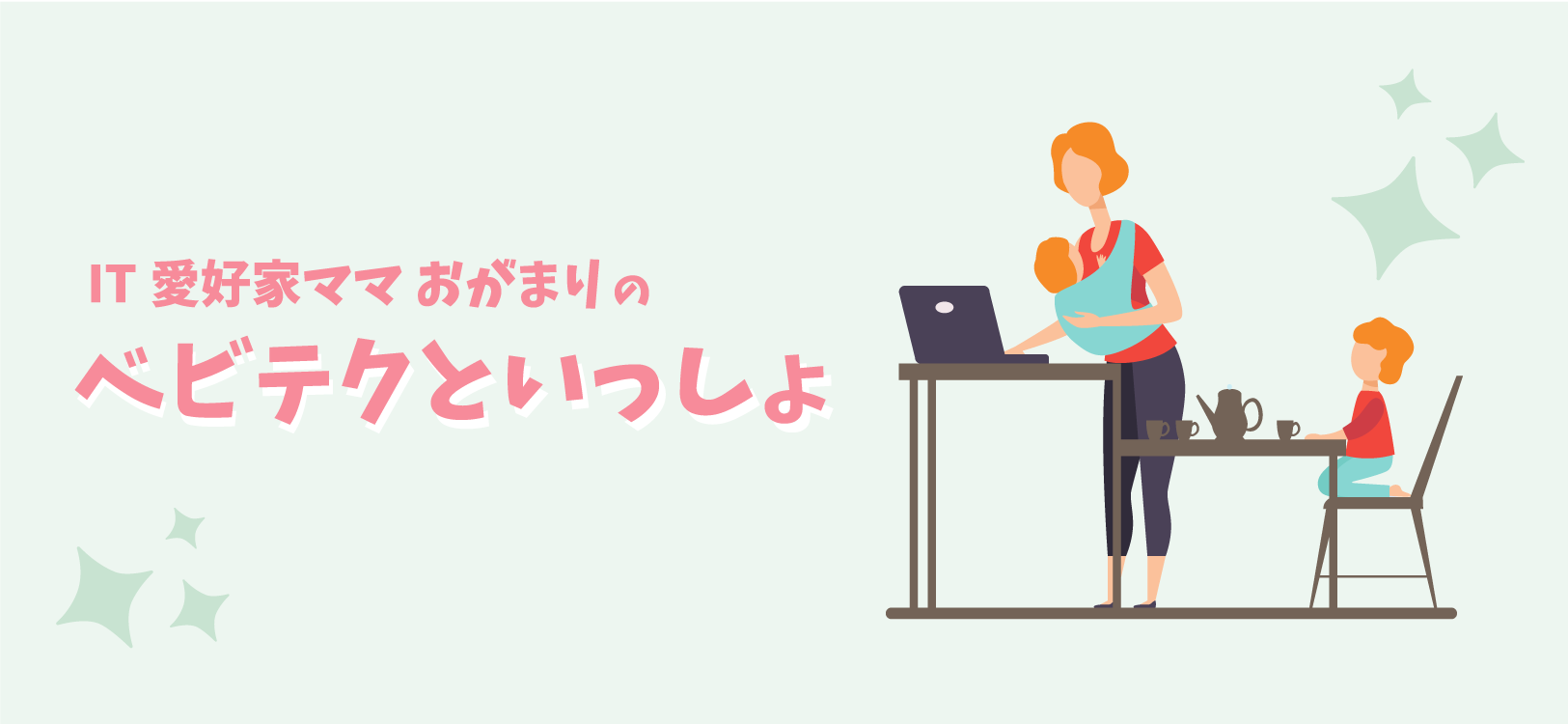
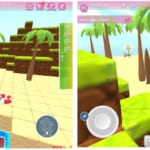
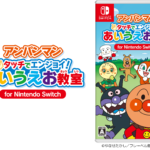
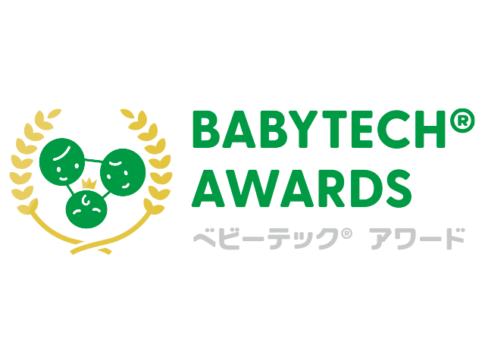


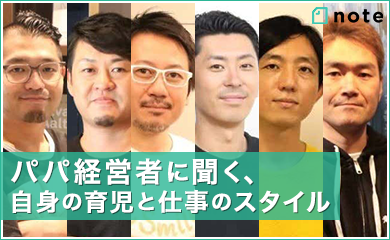
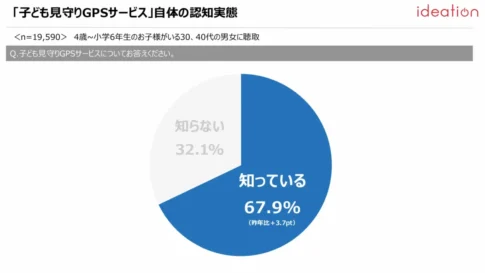

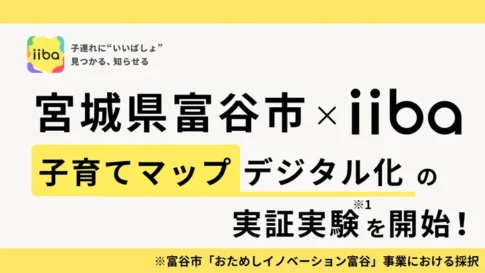
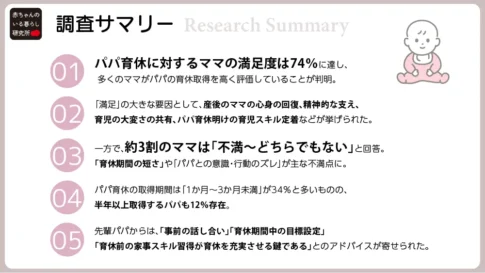
*From 3 months of age to puberty, sebum secretion is the lowest in a person's lifetime, including old age.